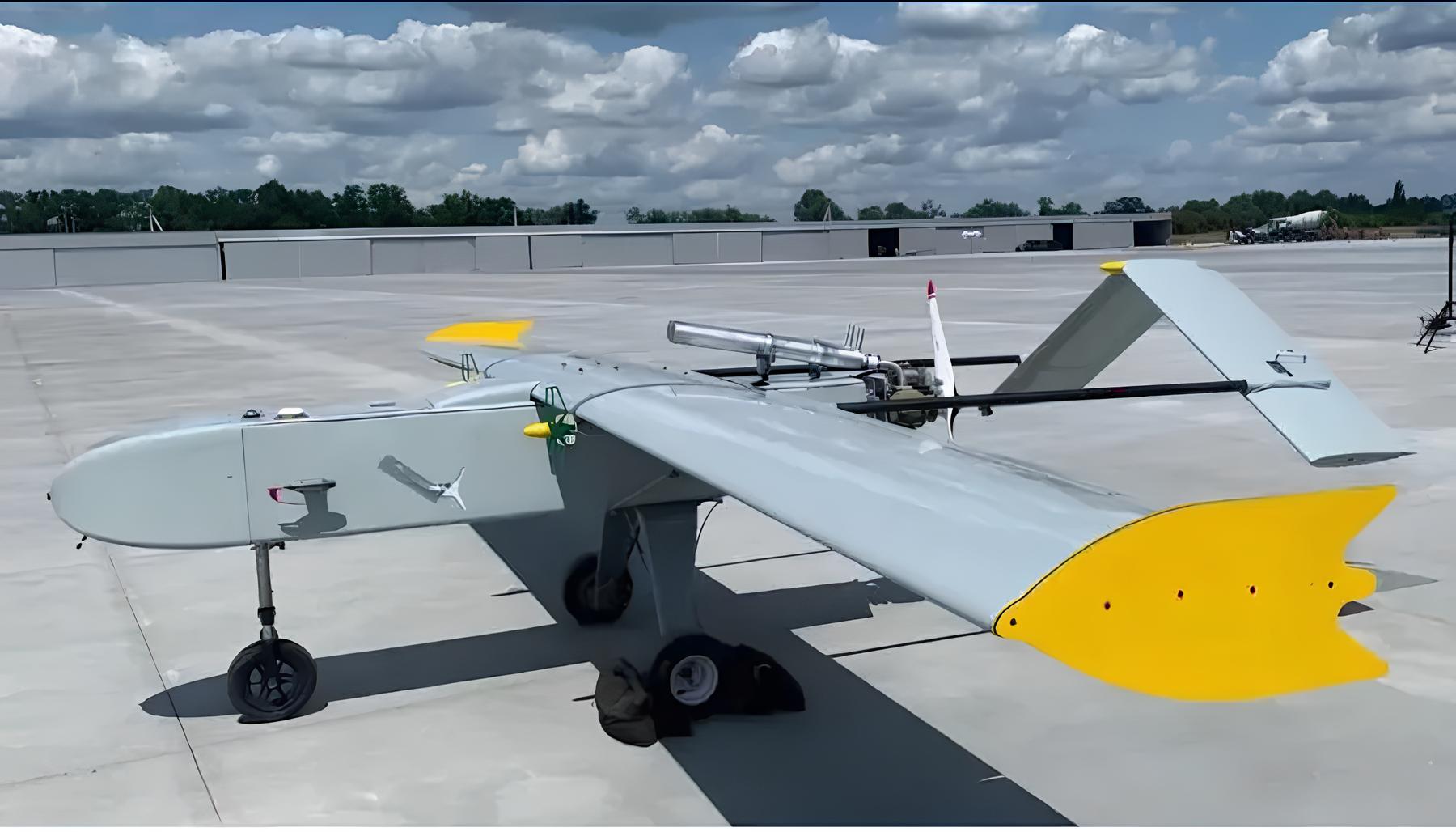Fuel and Energy Group Unimot Invests $100,000 in Ukrainian-Polish PZL Defence
Polish energy and logistics company Unimot Group is making its debut in the defense sector with a strategic investment in the newly formed Ukrainian-Polish drone manufacturer, PZL Defence. According to a press release, Unimot plans to acquire a 40% stake in the company for just over $100,000.
- PZL Defence will focus on the development and production of unmanned aerial vehicles (UAVs) and anti-drone systems.
- The joint venture is being launched in partnership with PZL Sędziszów, a Polish manufacturer of components for the defense industry, and a Ukrainian partner with direct combat experience. The identity of the Ukrainian partner has not been disclosed.
- Founded on July 21, 2025, PZL Defence is currently undergoing registration. As outlined in the press release, the initial ownership structure allocates 10% of shares to PZL Sędziszów and 50% to the Ukrainian partner. Under an agreement signed on July 24, Unimot will receive 40% of the shares for PLN 400,000 (approximately $108,000).
- Once registration and formal procedures are completed, the company will begin producing civilian drones, with plans to expand into military UAVs and anti-drone systems for protecting critical infrastructure, pending necessary licenses.
«We see the growing importance of unmanned technologies for regional security. That is why we plan to engage in a project that combines Polish engineering resources with the unique know-how of our Ukrainian partners, proven not on a training ground but in real combat conditions,» says Adam Sikorski, President of the Management Board of Unimot.
- PZL Sędziszów will contribute access to a modern production facility tailored to defense industry standards, along with advanced laboratory and technological infrastructure. With over 85 years of history, the plant currently produces filters for Rosomak combat vehicles and Leonardo military helicopters, based on existing military production licenses.
- Looking ahead, the company aims to establish a research and development (R&D) center focused on the design of reconnaissance and interception drones, kamikaze drones (loitering munitions), and anti-UAV systems.
A Strategic Response to Evolving Warfare
According to Unimot, this initiative responds to the transformation of the modern battlefield, where counter-drone capabilities are becoming critical in both offensive and defensive operations. As a result, not only Poland, but the entire European region, is ramping up defense spending.
In 2025, Poland’s defense budget is projected to hit a record 186.6 billion zlotys, or 4.7% of its GDP. That figure is expected to keep growing, with long-term forecasts suggesting spending could reach 1.9 trillion zlotys between 2025 and 2035.
Meanwhile, the European Union is launching its Readiness 2030 program and the SAFE mechanism, which collectively earmark up to €800 billion in investments for the European defense sector. These programs include access to financial resources, EIB instruments, and flexible budgetary policy to boost the continent’s military-industrial base.
Fuel and Energy Group Unimot Invests $100,000 in Ukrainian-Polish PZL Defence
Polish energy and logistics company Unimot Group is making its debut in the defense sector with a strategic investment in the newly formed Ukrainian-Polish drone manufacturer, PZL Defence. According to a press release, Unimot plans to acquire a 40% stake in the company for just over $100,000.
- PZL Defence will focus on the development and production of unmanned aerial vehicles (UAVs) and anti-drone systems.
- The joint venture is being launched in partnership with PZL Sędziszów, a Polish manufacturer of components for the defense industry, and a Ukrainian partner with direct combat experience. The identity of the Ukrainian partner has not been disclosed.
- Founded on July 21, 2025, PZL Defence is currently undergoing registration. As outlined in the press release, the initial ownership structure allocates 10% of shares to PZL Sędziszów and 50% to the Ukrainian partner. Under an agreement signed on July 24, Unimot will receive 40% of the shares for PLN 400,000 (approximately $108,000).
- Once registration and formal procedures are completed, the company will begin producing civilian drones, with plans to expand into military UAVs and anti-drone systems for protecting critical infrastructure, pending necessary licenses.
«We see the growing importance of unmanned technologies for regional security. That is why we plan to engage in a project that combines Polish engineering resources with the unique know-how of our Ukrainian partners, proven not on a training ground but in real combat conditions,» says Adam Sikorski, President of the Management Board of Unimot.
- PZL Sędziszów will contribute access to a modern production facility tailored to defense industry standards, along with advanced laboratory and technological infrastructure. With over 85 years of history, the plant currently produces filters for Rosomak combat vehicles and Leonardo military helicopters, based on existing military production licenses.
- Looking ahead, the company aims to establish a research and development (R&D) center focused on the design of reconnaissance and interception drones, kamikaze drones (loitering munitions), and anti-UAV systems.
A Strategic Response to Evolving Warfare
According to Unimot, this initiative responds to the transformation of the modern battlefield, where counter-drone capabilities are becoming critical in both offensive and defensive operations. As a result, not only Poland, but the entire European region, is ramping up defense spending.
In 2025, Poland’s defense budget is projected to hit a record 186.6 billion zlotys, or 4.7% of its GDP. That figure is expected to keep growing, with long-term forecasts suggesting spending could reach 1.9 trillion zlotys between 2025 and 2035.
Meanwhile, the European Union is launching its Readiness 2030 program and the SAFE mechanism, which collectively earmark up to €800 billion in investments for the European defense sector. These programs include access to financial resources, EIB instruments, and flexible budgetary policy to boost the continent’s military-industrial base.












